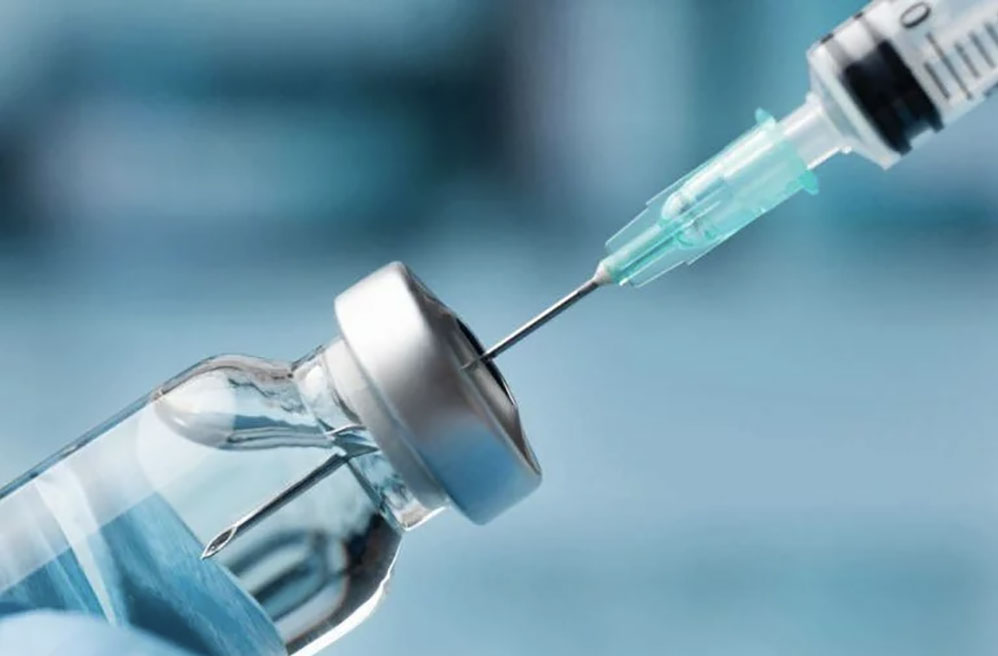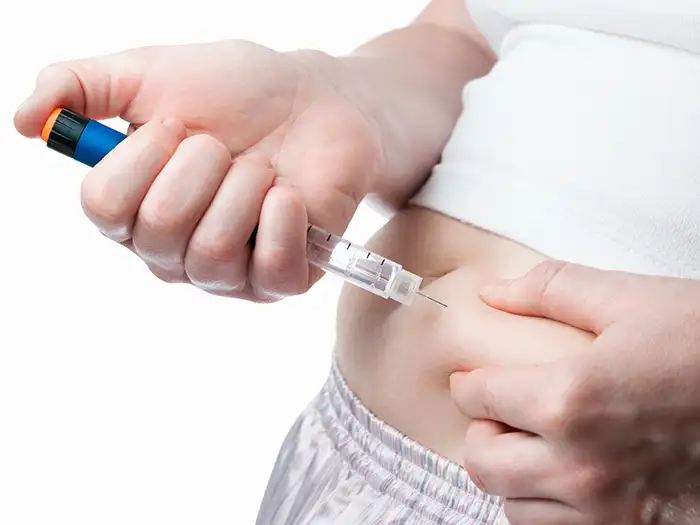While women’s sex drive can ebb and flow across their lives, a lack of interest in sex may cause concern to many women. There may be legitimate reasons for a low sex drive. Most women don’t feel particularly sexy right after pregnancy and childbirth, for instance, and many women experience a drop in sexual interest and arousal with menopause. But if you’re bothered by a decrease in your interest in sex, you should know that there is help for your issues. Keep reading to learn why your interest in sex may have declined and what you can do about it.
Causes of Decreased Sexual Interest
About one-third of the women who experience a lack of interest in sex are bothered by it. Most of those women fall into the midlife age range, experiencing low sex drive around the time of perimenopause and menopause. Often they also experience depression and are concerned about what their low sex drive is doing to their relationship with a partner.
But the causes for lack of interest in sex are very complex. Women may shy away from sex because of physical issues such as urinary incontinence or reactions to medication. They may be influenced by anxiety, depression, or other psychological factors, including past trauma.
And, of course, many women don’t understand why they’ve lost interest in sex because they’re coming to grips with the hormonal changes affecting them around menopause. Women are two to three times as likely as men to experience a decline in sexual interest at midlife, typically in their mid to late 40s. The problem often turns into a vicious cycle. You’re less interested in sex, so you have less sex — but having less sex exacerbates physical problems (such as vaginal dryness or atrophy) that make sex painful, so you have less sex — and then you become upset about having less sex, which raises a mental barrier to having sex.
Take a look at the intersecting issues that can be behind your lack of interest in sex.
Hormonal Changes
When you reach the menopausal years, your hormone levels alter drastically. Your estrogen levels decline — and with them, your interest in sex may also decline. While many women continue to enjoy and be interested in sex during and after menopause, others find their libido sagging.
The hormonal changes of menopause bring about physical symptoms that can affect your sex drive as well. Declining estrogen results in lower blood flow to the genitals, which can lead to less sensitivity. That decreased blood flow also results in vaginal dryness, which can make sex painful for up to 40% of women. Vaginal atrophy, which includes that internal dryness, may even cause your vagina to shorten.
The decrease in estrogen at menopause often brings with it other symptoms that may make sex less appealing. These include hot flashes, sleep disruption, weight gain, night sweats, urinary incontinence, and mood swings, all of which can make you feel anxious about sex or about your body, so that you find you’re simply not in the mood.
Of course, menopause isn’t the only stage in a woman’s life when hormones start to shift. When you’re pregnant or breast-feeding, you also experience significant hormonal changes that can diminish your interest in sex.
Physical Causes
Menopause isn’t the only factor that can fuel a low sex drive. Diseases that come with low libido as a side effect include cancer, high blood pressure, arthritis, coronary artery disease, and diabetes. In addition, several types of medication, notably SSRIs (selective serotonin reuptake inhibitors), which treat depression, can inhibit sexual desire. Smoking, alcohol, and street drugs can also have a negative effect on libido.
Psychological Causes
As you’re well aware from your own experiences, your emotional and psychological state of being affects your interest in sex in many ways. If you’re depressed, or if you have negative feelings about your body, you may find your sex drive lagging.
During menopause, many women undergo a great deal of emotional response to the physical changes they’re experiencing. They may feel anxious about how menopause will change their relationship with their partner (or potential partners), and they may feel less feminine and desirable. Low self-esteem and lack of confidence can feed into negative feelings about sex, as can stress in the areas of work, finances, or relationships.
Some women also deal with a history of sexual abuse or other negative experiences or trauma that can put them off sex. In addition, diagnosed mental health disorders such as depression and anxiety can have a real effect on your interest in sex. Poor communication with a partner, lack of trust, or lingering conflicts can also be sexual turnoffs.
Does Interest in Sex Always Decline With Age?
A decreased sex drive is fairly common as women age, though some women actually find that their interest in sex increases once they no longer have to be concerned about getting pregnant. In general, though, that loss of estrogen leads to a decline in sexual desire unless estrogen levels are boosted again.
When to Be Concerned About Lack of Interest in Sex
You may be one of those women who doesn’t care that much when you sense your interest in sex declining as you approach menopause. But you probably haven’t kept reading so far if that’s the case. For many women, their sex life is all tied up with their sense of themselves and their self-confidence. If your loss of interest in sex bothers you, then it’s definitely worth seeking medical help.
You may also feel that your relationship is at risk because of your diminished desire for sex. If you find yourself avoiding sex or ignoring your partner, you could lose much more than some fun in the bedroom. You may want to seek help to protect your relationship or out of respect for your partner’s desires.
Improving Your Sex Drive During and After Menopause
One of the top options you have for improving your sex drive is hormone replacement therapy. By restoring some of the estrogen you’re losing during perimenopause and menopause, you can get your hormones back in balance. Not only does hormone replacement theory help with your lack of interest in sex, it also treats many of the other annoying symptoms of menopause, including night sweats, hot flashes, and mood swings.
Some women also find therapy helpful. You may want to seek out a specialist in sexual issues, possibly with your partner. Therapy can help you face and overcome any issues regarding past sexual trauma, as well as helping you deal with the changes in self-image that you may face at menopause. In addition, a specialist in sexual therapy can open communication between you and your partner and help suggest changes to your sex life that may help your enjoyment.
Is It Time to Seek Help for Your Lack of Interest in Sex?
If you’re concerned about your lack of interest in sex, we’re here at Hormonally Balanced to help you find solutions. We’ll give you the tools you need to understand what you’re going through and to treat all the unpleasant symptoms of menopause. We’re specialists in hormone treatments, including hormone replacement therapy, and we’ll find the treatment that works best for you.
You can always feel comfortable talking to us about these issues, as we are always safe, understanding, and discreet. Contact us today to find out how we can help with your lack of interest in sex and other symptoms of menopause.






